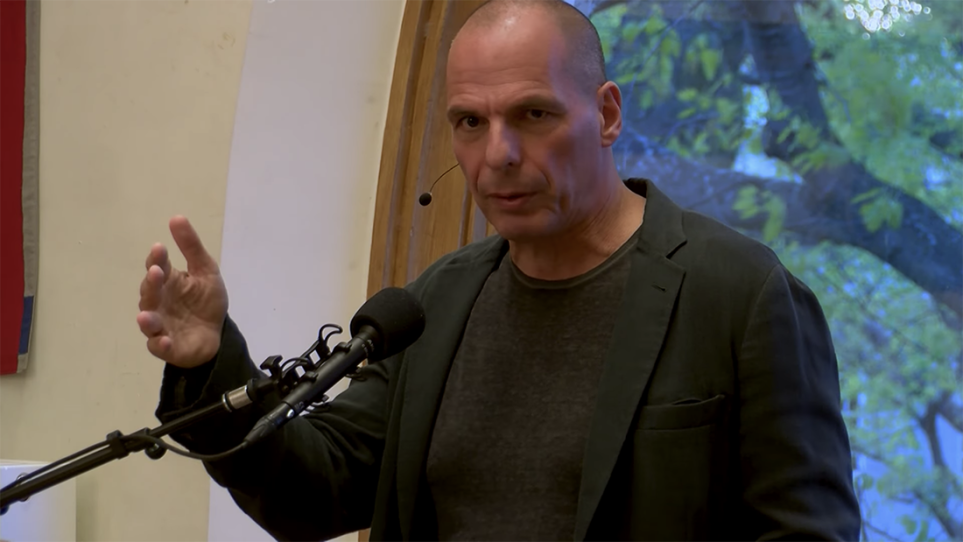Greece has a big problem with debt.
Growing that debt is exactly what Greece’s former finance minister, Yanis Varoufakis, tried to avoid in 2015, insisting a bailout was a toxic construct that would keep his country in a depression. He fought against the bailout and austerity measures put in place by Germany and the European Union, but in the end he lost.
This week Greece comes off its third and final bailout from the European Union. The loans were designed to hold the Eurozone together after the debt crisis of 2010 left Greece at the bottom of the pile, suffering massive divestment. The country ultimately reached a total indebtedness of $375 billion.
Those living in Greece today are hardly celebrating an upswing with the end of the bailouts. Rather, they endure an unemployment rate of 20 percent, and more than a third of the population has fallen into poverty. With a fresh E.U. blueprint for financial growth, Greek citizens will continue to live under strict austerity measures such as a reduced minimum wage and little relief from high taxes. Tight policies and cheap real estate are attracting investors and tourism is in a boon, helping to stabilize the economy.
The progress in Greece is too little too late, says Varoufakis, who is now a professor of economics at the University of Athens, and recently wrote a book just translated into English, called “Talking to My Daughter About the Economy.” In it he puts economic history and theory into plain language, explaining how market societies developed over centuries, and how this development created the byproduct of inequality, which is now playing out vividly in his country.
During a recent conversation with WGBH News Editor Aaron Schacter, Varoufakis shifts from economist to historian to politician. He says we don’t need an economy based on money and debt. A co-founder of a new political party that he is steering across Europe, he hopes to take over the leadership of Greece to push a radical new agenda.


